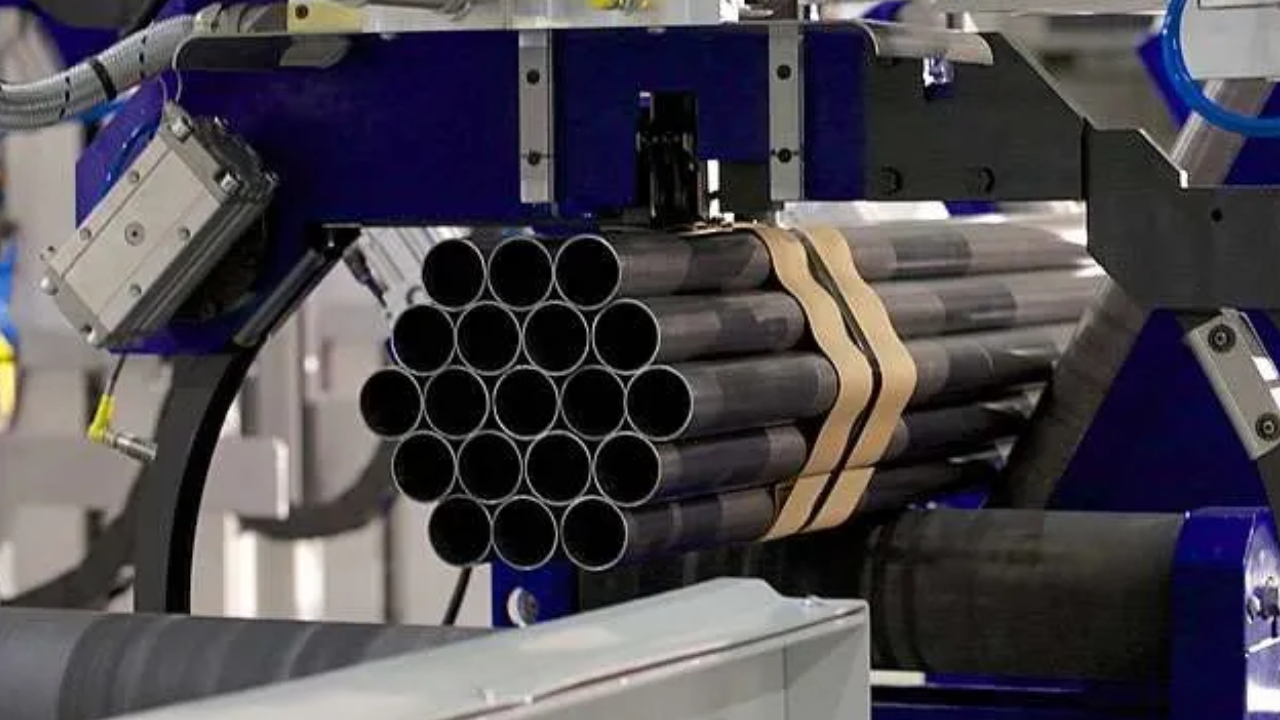TUSPIPE places a top class on product nice and rigorous product high-quality management. So that you can preserve the right product, the employer has established a check & Inspection middle because 2004. With a series of contemporary exams and inspection systems, the test & inspection center is capable of carrying out tensile assessments, hydro assessments, impact exams, DWTT, and many others.
The coating of zinc to metallic during the pipe galvanizing method serves to defend it against corrosion. This zinc reinforcement affords two sorts of protection for metals. It acts as a defensive barrier between the touchy iron and the corrosive factors. Galvanic corrosion is avoided through the usage of this product.
When in comparison to the majority of metals, zinc exhibits appreciably anodic characteristics. When it comes into contact with a nobler metallic, it acts as an anode, releasing electrons very straight away. The galvanized pipe sizes vary between residential as compared to commercial applications.
Key Consideration for Choosing Pipe Size
Deciding on the perfect galvanized pipe sizes for residential as opposed to commercial applications includes several key concerns to ensure certain most effective performance and efficiency. Right here are some essential elements to recollect:
Flow Rate Requirements
Flow rate, measured in gallons per minute (GPM) or liters per second (L/s), is critical in determining the precise pipe length. The required drift charge varies significantly among residential and industrial packages. Residential generally involves lower drift quotes for packages inclusive of water supply, heating, and cooling. Well-known pipe sizes (e.g., half an inch to two inches) are generally enough. Commercials often require higher glide prices for strategies like cooling, chemical transfer, or heavy-responsibility water supply.
Pressure Requirements
The pressure of the fluid or gasoline passing through the pipe affects the choice of pipe size. Better pressures demand more potent, regularly larger pipes to withstand the pressure without failing. Residential systems generally have moderate strain requirements, employing widespread pipe sizes and wall thicknesses. Commercial applications might also involve better pressures, which include excessive-stress steam systems or hydraulic applications. Larger pipes with thicker partitions and better strain rankings are hard to accurately include and transport fluids.
Pipe Material and Strength
The material of the pipe affects its power, durability, and suitability for different programs. Galvanized pipes are acknowledged for their corrosion resistance, however, material energy varies. Residential galvanized steel or plastic pipes (like p.C or PEX) are normally used for residential structures. Material energy and size are selected based totally on common household demands and stress rankings. Commercial settings might require greater robust materials, including stainless steel or carbon steel, and large pipe sizes to deal with competitive chemical substances or high pressures. Issues include corrosion resistance, temperature tolerance, and energy of the cloth.
Installation Space and Accessibility
The installation area for putting in pipes affects the choice of pipe size. Residential installations commonly have extra restricted spaces as compared to industrial settings. Residential area constraints regularly restrict the pipe size, requiring efficient use of available space. Pipes need to be sized to in shape inside partitions, floors, and ceilings whilst making sure good enough clearance for upkeep. Commercial settings might provide greater space however require larger pipes for high-drift or high-pressure programs.
Cost and Finances
The cost of pipes and installation can vary substantially with pipe size. Large pipes typically cost extra in terms of cloth and setup. Residential budget constraints frequently cause the selection of well-known pipe sizes and materials that balance value and performance. Set-up prices can be minimized by selecting suitable sizes and substances that meet household wishes.
Industrial has larger pipes and specialized substances can significantly increase growth charges. Remember lengthy-time period benefits which include decreased renovation and prolonged lifespan whilst evaluating expenses.
Regulatory and Code Requirements
Compliance with nearby building codes and policies is essential while selecting pipe sizes. Codes regularly dictate minimal sizes and materials primarily based on the application. Residential building codes specify minimum pipe sizes and materials for residential structures to ensure certain protection and overall performance.
Regulations cover elements like water strain, pipe setup, and protection requirements. Commercial applications may additionally have stringent regulatory requirements regarding pipe sizes, materials, and stress rankings. Compliance with enterprise standards and protection policies is vital.
Future Expansion and Adaptability
Anticipating future desires and potential expansions can impact pipe size choice. Planning for an increase allows us to keep away from pricey changes later. Keep in mind capacity future wishes, such as extra furniture or improvements, whilst choosing pipe sizes. Oversizing pipes barely can accommodate future changes without fundamental renovations. Industrial systems frequently plan for scalability and destiny expansions, requiring large pipes or modular designs. Future-proofing the machine by deciding on suitable pipe sizes can prevent the want for essential enhancements.
Summary
Choosing the proper pipe sizes for residential versus commercial applications involves comparing flow fees, pressure requirements, material electricity, installation area, costs, regulatory compliance, and future wishes. By cautiously considering these elements, you may ensure that your piping system is efficient, value-effective, and appropriate for its supposed use.

